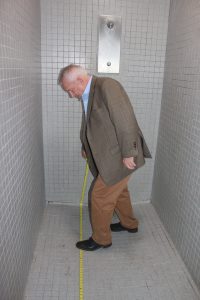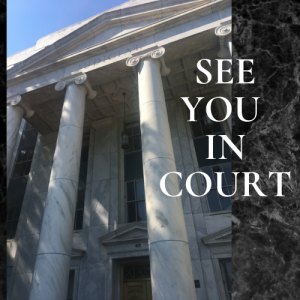
This has been some week. Our Georgia Community was in the grips of disbelief and shock due to the murder of Ahmaud Arbery in Glenn County, Georgia, hoping and praying that things could not get worse…and then they did. The murder of George Floyd in Minneapolis has electrified the Nation to protest for Equal Justice Under Law for African-Americans, which is overdue by about 200 years. Because of these recent murders of African American males, the term of art “excessive force” has, unfortunately, wormed its way into our daily lexicon, heard as frequently now as “Facebook” or “Twitter” or “Coronavirus” (remember that?). So let’s look at what exactly is “excessive force,” how do you bring a lawsuit for “excessive force” and how difficult are they to be successful?
First, a civil action for “excessive force” by a police officer must be brought against the individual police officer, not the police department, pursuant to a Federal Statute, 42 U.S.C.A. § 1983. That statute states:
“Every person who, under color of any statute, ordinance, regulation, custom, or usage, of any State or Territory or the District of Columbia, subjects, or causes to be subjected, any citizen of the United States or other person within the jurisdiction thereof to the deprivation of any rights, privileges, or immunities secured by the Constitution and laws, shall be liable to the party injured in an action at law, suit in equity, or other proper proceeding for redress, except that in any action brought against a judicial officer for an act or omission taken in such officer’s judicial capacity, injunctive relief shall not be granted unless a declaratory decree was violated or declaratory relief was unavailable. For the purposes of this section, any Act of Congress applicable exclusively to the District of Columbia shall be considered to be a statute of the District of Columbia.”


 Atlanta Injury Lawyer Blog
Atlanta Injury Lawyer Blog

























